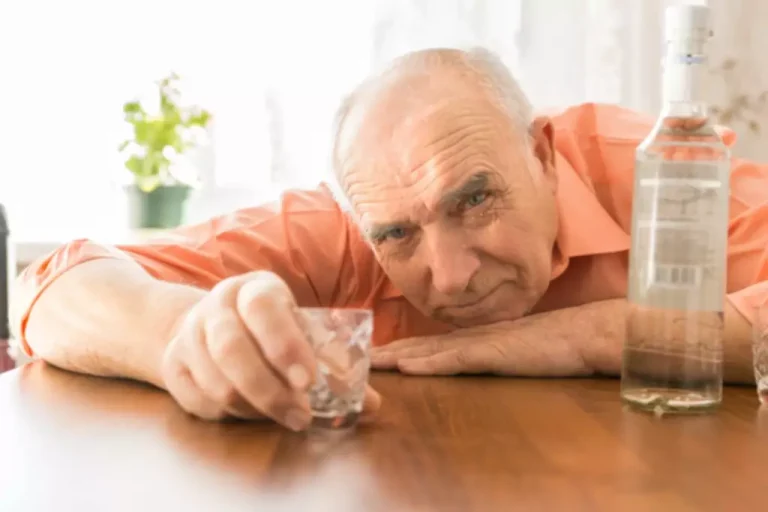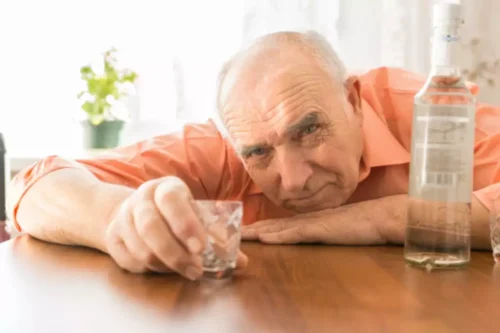Alcoholics Anonymous and other 12-step programs for alcohol use disorder

Recovery Dharma offers a recovery approach based on traditional Buddhist practices. Moderation Management is a free service that offers meetings for people who struggling with alcohol addiction are at different stages of their recovery. Some people may prefer the structured approach to recovery of a step program. LifeRing offers a free and flexible support group and encourages people to attend outside meetings if they wish to do so. Al-Anon is a support network for people affected by someone else’s alcohol abuse.

Keep Your Heart Up: What my VACI is teaching me about recovery

These “sober clubs” have been found to improve treatment engagement while also positively affecting alcohol or drug cravings and increasing participants’ beliefs that they can achieve their goals. The cost of alcohol recovery programs can create a barrier for some people to access support. While some insurance providers have limitations on covering rehabilitation centers, most support groups are completely free. Much like mental health forums, online sobriety support groups can supply accessible and stigma-free aid. People may find comfort knowing they’re partaking in programs developed by experts and surrounded by people who have lived in their shoes. AA uses a 12-step program that may offer more structured support than some other groups.
- The app allows you to share your location (if you chose to share it) and helps you locate other people using the app in your area.
- However, if you feel that you are struggling with a current addiction to alcohol, more comprehensive support and treatment may be necessary.
- Alcoholics Anonymous operates under the premise that people require the help and support of a higher power to overcome alcohol addiction.
- No matter where you look, you seem to see ads enticing you with the promise of how much more fun your life can be with a few drinks.
- Sponsors can also provide encouragement and promote accountability.
Employment and service roles

Although not considered a religious organization, Christian ideologies are incorporated into the AA 12-step program. Support groups provide a safe space for people to share their experiences without feeling judged. They are born from a place of mutual understanding and emotional support, which can be refreshing in a society that places such a high value on independence and personal success. They also provide much-needed accountability, which can be essential when people are navigating behavior change. Support groups, like Alcoholics Anonymous and Women For Sobriety, offer safe spaces for those in recovery from alcohol addiction to share their experiences and find support from like-minded peers. Primary care and mental health providers can provide effective AUD treatment by combining new medications with brief counseling visits.
Get your SMART Recovery Handbook
- It also provides scientific research on addiction and techniques to maintain sobriety.
- Sobriety support groups generally do not accept insurance because they are not treatment facilities.
- Studies show that strong family support through family therapy increases the chances of maintaining abstinence (not drinking) compared with people going to individual counseling.
- More often, people try to quit or cut back over time, experience recurrences, learn from them, and then continue on their recovery journey.
- It was called the AA prayer in the 1940s.73 Often recited at meetings, it emphasizes the concepts of acceptance, courage, and wisdom, which align with the principles of the AA program.
The program’s foundation comes from a sociologist who believed that addiction among women could be traced to loss marijuana addiction of identity, competing roles in society, and low self-esteem, depression, and guilt. SMART meetings are free to attend, but donations are accepted near the end of every meeting. Online groups also provide a sense of anonymity, which might be beneficial for those who have anxiety about going to an in-person meeting. More than a buzzword, the sober curious movement is gaining traction. People are starting to rethink their relationship with alcohol, whether using it in moderation or opting to abandon it entirely. While the majority of these groups are free to join, some do require a monthly or annual investment.

When families change the way they show up for themselves and their loved ones, it can be a catalyst for their loved ones to change as well. Get professional help from an online addiction =https://ecosoberhouse.com/ and mental health counselor from BetterHelp. Another significant effect of peer support groups is the increase in the participant’s sense of self-efficacy and, as a result, a decrease in risky behaviors.
- They’re free to attend, but a request for donations may be made at the end of the meeting.
- The group’s motto is “Sober shouldn’t be somber,” reflecting the idea that people can still have fun even while not drinking alcohol or using other substances.
- Across recovery stages, individuals were 4.1 to 8.6 times more likely to achieve sustained abstinence by continuous 12-Step meeting attendance and involvement.
- Keep paying attention to your loved one when they are doing better or simply making an effort.
- Club Soda bills itself as the “Mindful Drinking Movement” and was designed for those who want to cut down, stop briefly, or quit drinking altogether.